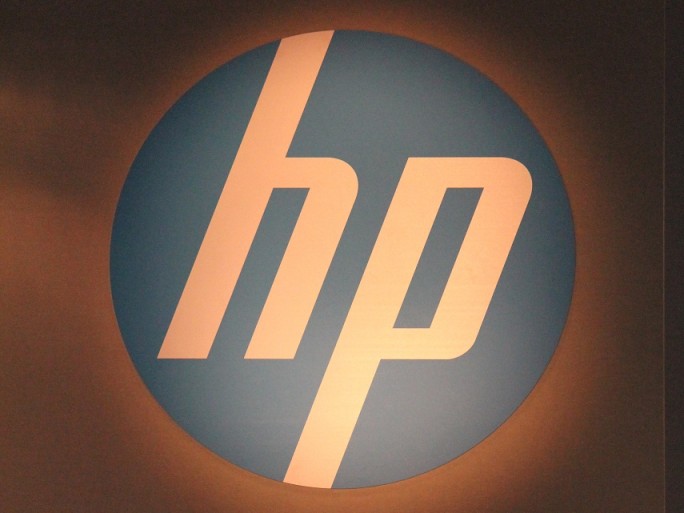Apotheker Reacts To HP Autonomy Blame

Ex-HP chief executive Leo Apotheker has said HP’s directors must share the responsibility for problems surrounding the company’s $11 billion acquisition of Autonomy
Former Hewlett-Packard chief executive Leo Apotheker isn’t going to let his replacement, Meg Whitman, or any other company executives force him to take the blame for HP’s troubled acquisition of the software firm Autonomy or the larger struggles dogging the tech giant.
In an email to Reuters on 13 December, Apotheker – the former SAP chief executive who was ousted from the top job at HP in 2011 after 11 months on the job – noted that the company’s board of directors signed off on the $11 billion (£6.7bn) deal, and that there was plenty of blame to go around. Whitman at the time of the deal was a member of the board, which is chaired by former Oracle executive Ray Lane.
HP board must share blame
“No single chief executive is ever able to make a decision on a major acquisition in isolation, particularly at a company as large as HP – and certainly not without the full support of the chairman of the board,” Apotheker said in the email, according to Reuters. “The HP board, led by its chairman, met many times to review the acquisition and unanimously supported the deal, as well as the underlying strategic objective to bolster HP’s market presence in enterprise data.”
 The acquisition – negotiations began under chief executive Mark Hurd, who was replaced by Apotheker in 2010 – is coming back to haunt HP officials, who in November said that the company was taking an $8.8 billion charge over the deal, more than half of which was related to “serious accounting improprieties” at Autonomy before the deal was completed.
The acquisition – negotiations began under chief executive Mark Hurd, who was replaced by Apotheker in 2010 – is coming back to haunt HP officials, who in November said that the company was taking an $8.8 billion charge over the deal, more than half of which was related to “serious accounting improprieties” at Autonomy before the deal was completed.
Company executives said in a statement on 20 November that they conducted an internal investigation that found that former Autonomy officials “used accounting improprieties, misrepresentations and disclosure failures to inflate the underlying financial metrics of the company, prior to Autonomy’s acquisition by HP.”
These were done intentionally to mislead HP and investors and “severely impacted HP management’s ability to fairly value Autonomy at the time of the deal,” the statement said.
Mike Lynch, the founder and chief executive of Autonomy who came to HP after the deal but has since left, defended Autonomy, blaming HP for any problems with the deal. Lynch sent a letter to the HP board on 27 November asking it to produce any evidence of wrongdoing by him or other ex-Autonomy executives. HP officials responded by threatening legal action.
Share price plunge
The Autonomy debacle was only the latest in a string of problems dogging HP over the last few years. The company has seen its stock price plunge by almost 70 percent since Hurd’s ouster as chief executive, and has announced more than 29,000 job cuts to help deal with financial issues. The company is being hit hard by the continuing contraction of the global PC market, and it still is trying to grow its other businesses, such as software, services, storage and networking.
Industry observers have argued that the Autonomy acquisition is the latest example of questionable management moves at HP, which in August announced it was paying an $8 billion charge because of disappointing results from its $13.9 billion acquisition in 2008 of services vendor EDS.
In addition, Whitman, when she took the top job at HP in September 2011, became the company’s third chief executive in just over a year. In speaking with analysts in October about her long-term plans for HP, she pointed to the turnover as a key factor in HP’s troubles.
“My belief is that the single biggest challenge facing Hewlett-Packard has been changes in chief executives and executive leadership, which caused multiple inconsistent strategic choices and, frankly, some significant operational miscues,” Whitman said during the webcast meeting.
Apotheker and Robison faulted
Regarding Autonomy, Whitman has placed the bulk of the blame on Apotheker and Shane Robison, HP’s former CTO who also headed up the company’s mergers and acquisitions efforts, though some observers have argued that Whitman and Chief Financial Officer Cathie Lesjak also share responsibility.
In his email to Reuters, Apotheker argued that HP’s larger problems are an indication that his plans for the company – shedding the PC business and focusing on software and services – were the right ones, and that what he needed was time.
“Looking back on my time at HP, I still believe the strategic vision that we tried to implement was sound,” he said. “HP was and still is in need of a transformational strategy. … Unfortunately, I was never given the opportunity to implement the strategy in its totality. The new leadership has now been in place longer than my 11-month tenure. But it’s clear that HP still is in search of the right path forward.”
Do you know all about HP, the IT firm from the garage? Take our quiz!
Originally published on eWeek.